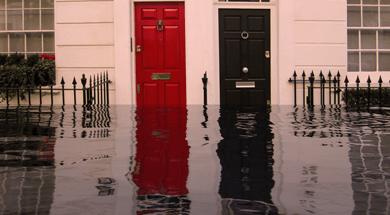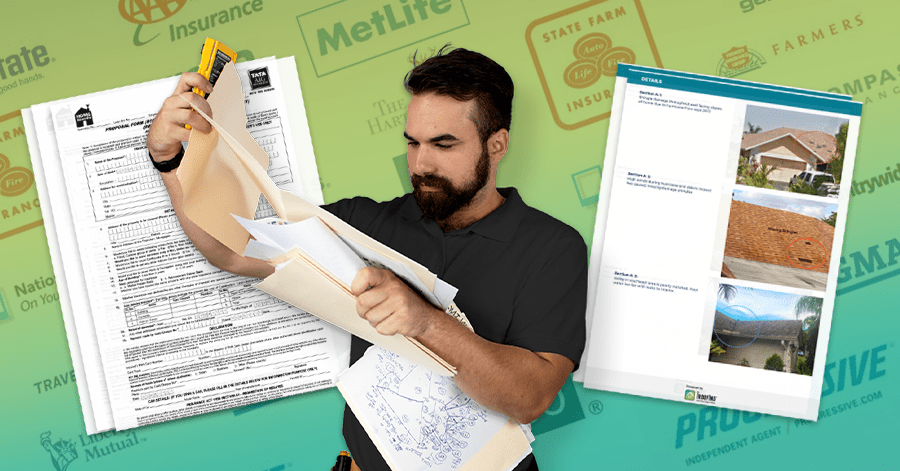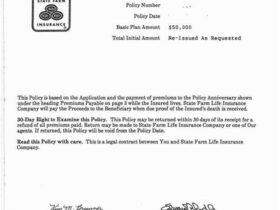For homeowners in the United Kingdom, their house is often their most valuable asset. Protecting it from unforeseen events is paramount, and that’s where home insurance steps in. But what exactly is home insurance, and how do you navigate the complexities of policies in the UK market? This article provides a comprehensive definition of house insurance in the UK, exploring the different types of cover available, how to compare quotes, and how to ensure you have the right protection for your needs.
What is Home Insurance?
House insurance, also known as home cover, is a type of property insurance designed to financially protect your home and its contents against a range of risks. These risks can include damage from fire, flooding, storms, theft, vandalism, and other unexpected events. In essence, it provides a safety net to help you repair or replace your property and belongings if disaster strikes. Understanding the core elements of house insurance is crucial for making informed decisions.
In the UK, home insurance generally falls into two main categories: buildings insurance and contents insurance.
Buildings Insurance: This covers the physical structure of your home, including the walls, roof, floors, and permanent fixtures like kitchens and bathrooms. It’s designed to protect you against the cost of rebuilding or repairing your home if it’s damaged by an insured event.
Contents Insurance: This covers your personal belongings inside the home, such as furniture, electronics, clothing, jewelry, and other valuables. It helps you replace or repair these items if they are stolen or damaged by an insured event.
Many insurers offer combined policies that encompass both buildings and contents insurance, often providing a more cost-effective and streamlined solution.
Why is Home Insurance Important?

While home insurance isn’t legally mandatory in the UK (unless required by your mortgage lender), it’s strongly recommended for all homeowners. The potential financial burden of repairing or replacing a damaged home or its contents can be substantial, making insurance a wise investment.
Here’s why you should consider home insurance:
- Protection Against Natural Disasters: The UK is susceptible to various natural disasters, including floods, storms, and fires. Home insurance can provide coverage for the damage caused by these events.
- Coverage for Theft and Vandalism: Home insurance can cover the cost of replacing stolen items or repairing damage caused by vandalism.
- Liability Protection: If someone is injured on your property, home insurance can provide liability coverage to help with legal and medical expenses.
- Peace of Mind: Knowing that you’re financially protected against unexpected events can provide significant peace of mind.
Types of Home Insurance Policies in Detail

Understanding the specific coverage offered by different types of home insurance policies is essential for choosing the right option for your needs.
Buildings Insurance: As mentioned earlier, this covers the structure of your home. It typically includes coverage for:
- Structural damage to walls, roof, and floors
- Permanent fixtures like kitchens and bathrooms
- Outbuildings such as garages and sheds
- Damage due to fire, flood, storm, or subsidence
Contents Insurance: This covers your personal belongings inside your home. It usually includes coverage for:
- Furniture and furnishings
- Electronics and appliances
- Jewelry and valuables
- Clothing and other personal items
Combined Buildings and Contents Insurance: Many insurers offer a combined policy that provides both buildings and contents coverage under a single plan. This can be a convenient and cost-effective option.
Optional Add-Ons
Many insurers offer optional add-ons to enhance your home insurance coverage. These add-ons can provide extra protection for specific needs. Some common add-ons include:
- Accidental Damage Cover: This covers accidental damage to your home or belongings.
- Legal Expenses Cover: This covers legal expenses arising from property disputes or other legal issues.
- Home Emergency Cover: This provides coverage for emergency repairs to your home, such as plumbing or electrical problems.
- Personal Possessions Cover: This covers items that you take outside of your home, such as jewelry, laptops, or mobile phones.
- Bicycle Cover: This covers your bicycle against theft or damage.
Comparing Home Insurance Quotes Effectively

With numerous home insurance providers in the UK, it’s crucial to compare quotes carefully to find the best policy for your needs and budget.
Here’s a step-by-step guide to comparing home insurance effectively:
Assess Your Coverage Needs: Determine whether you need buildings insurance, contents insurance, or both. Consider the value of your property and personal belongings to determine the appropriate level of coverage.
Get Multiple Quotes: Obtain quotes from several different insurers. You can use comparison websites, consult insurance brokers, or contact insurers directly.
Evaluate Policy Features: Carefully compare the features of each policy, including:
- Inclusions and exclusions
- Claim limits
- Excess amounts
- Optional extras
Research Insurance Providers: Check the reputation and customer satisfaction ratings of each insurer. Look for companies with a strong track record of efficient claims handling.
Leverage Online Tools: Use online comparison tools to filter policies based on coverage, premiums, ratings, and optional extras.
Factors Affecting Premiums and How to Reduce Them
Several factors can influence the cost of your home insurance premiums. Understanding these factors can help you find ways to reduce your insurance costs.
- Property Location: Areas with higher crime rates or flood risk typically have higher premiums.
- Property Type and Construction Material: Older homes or those built with non-standard materials may have higher premiums.
- Value of Home Contents: The higher the value of your belongings, the higher your premiums will be.
- Security Measures: Installing security systems, alarms, and strong locks can lower your premiums.
- Claims History: A history of previous claims can increase your premiums.
- Level of Excess: Choosing a higher voluntary excess can lower your premiums.
To reduce your home insurance premiums, consider the following tips:
- Install a security system
- Combine buildings and contents insurance
- Increase your voluntary excess
- Avoid over-insuring or under-insuring your belongings
- Pay annually rather than monthly
- Take advantage of loyalty discounts or multi-policy deals
By taking these steps, you can potentially save money on your home insurance premiums without sacrificing essential coverage.





Leave a Reply